In our previous article, we learned the truth about electric and gas stoves. So, when it comes to cooking, which is better? Is it a gas stove? Or is it electric?
Others argue that gas cooking is superior. Others claim that an electric stovetop is better because it allows for more precise heat control. Depending on what and how you cook, both gas and electric stovetops have advantages and disadvantages.
So, I went online to discover more about the differences between the two regarding cooking. If you wish to invest in either of the two, you’ve come to the right place.
Why Do Chefs Prefer Gas than Electric Stoves?
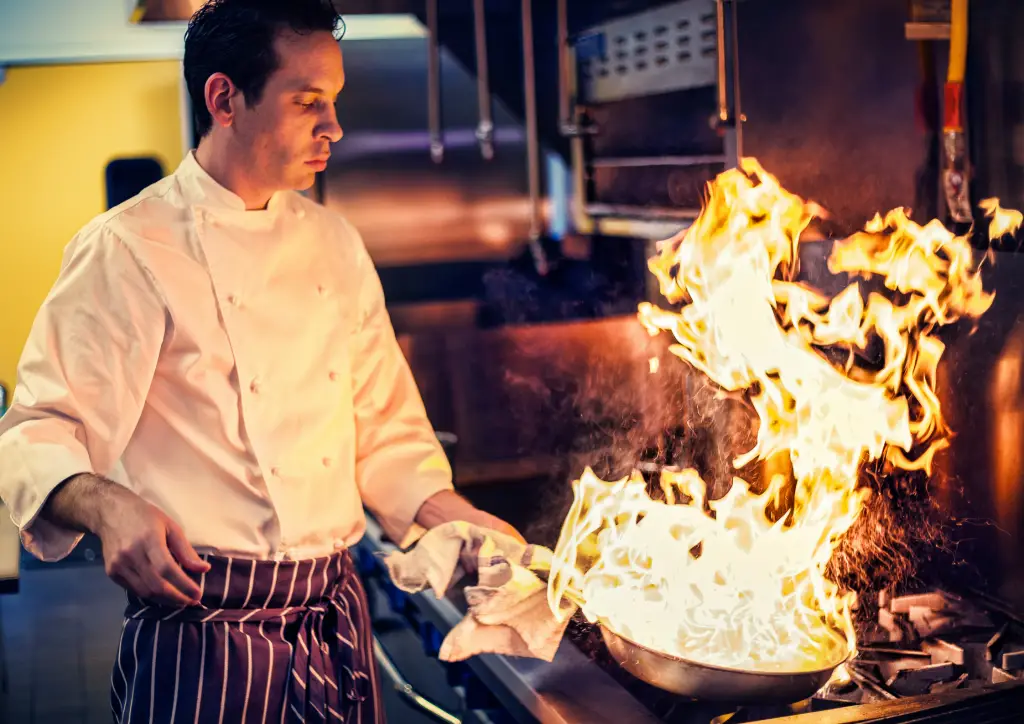
According to The Daily Meal, 96 out of 100 professional chefs in the United States who took part in a recent survey said they prefer gas cooktops, and 68 said they like gas ovens.
Professional cooks prefer gas stoves because of their responsiveness and versatility in terms of cookware. When cooking with a gas cooker, the food tastes better, and the fire and heat management are superior.
Christopher Kimball, founder, and host of America’s Test Kitchen said, “I prefer gas on a cooktop. It’s easier to see the level of heat with gas, plus the change in heat levels is instantaneous.”
Gas vs. Electric: Stovetop Temperature Control
One thing I like to consider before buying a stovetop is the burner’s temperature control.
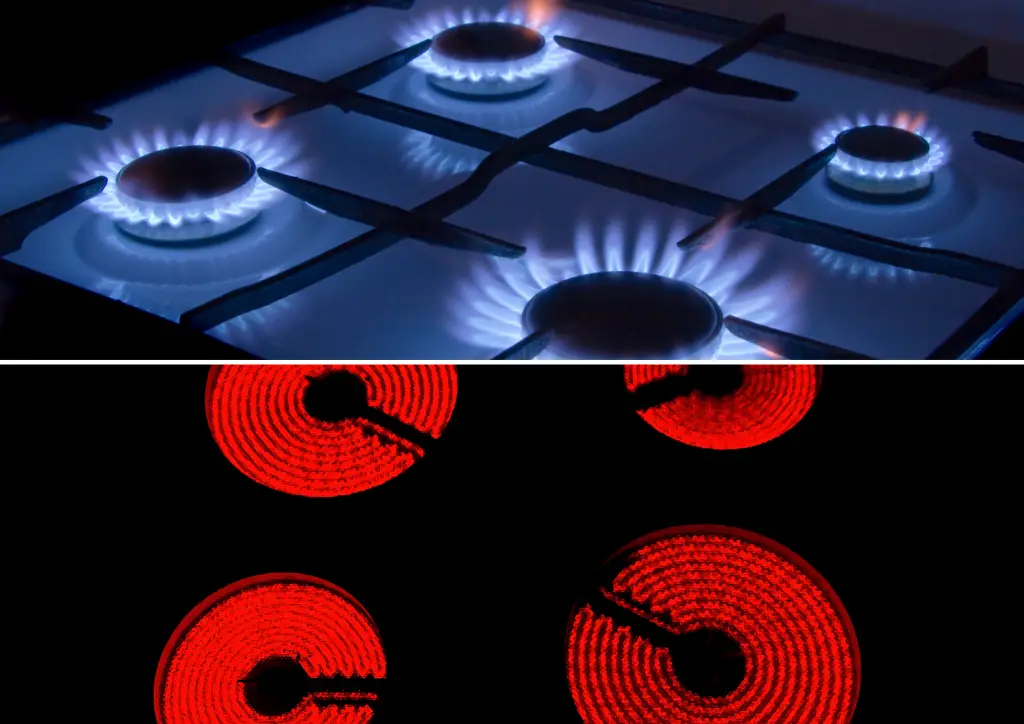
I have been wondering which of the gas or electric have more precise temperature control. Gas stoves, according to Bob Vila, provide more accurate temperature control than electric stoves. As the flames spread over the bottom of a pan, gas stoves respond almost instantly, and knobs that change the intensity of the fire give you more of the precise control needed for specific recipes.
According to The Daily Meal, one of the reasons for 72% of professional cooks who like gas stoves surveyed was the ability to adjust the temperature. You may need to move the pan away from the burner to help the contents cool faster with electric burners, but you do not need to do so with gas, making it the far more handy option.
Gas VS Electric: Oven
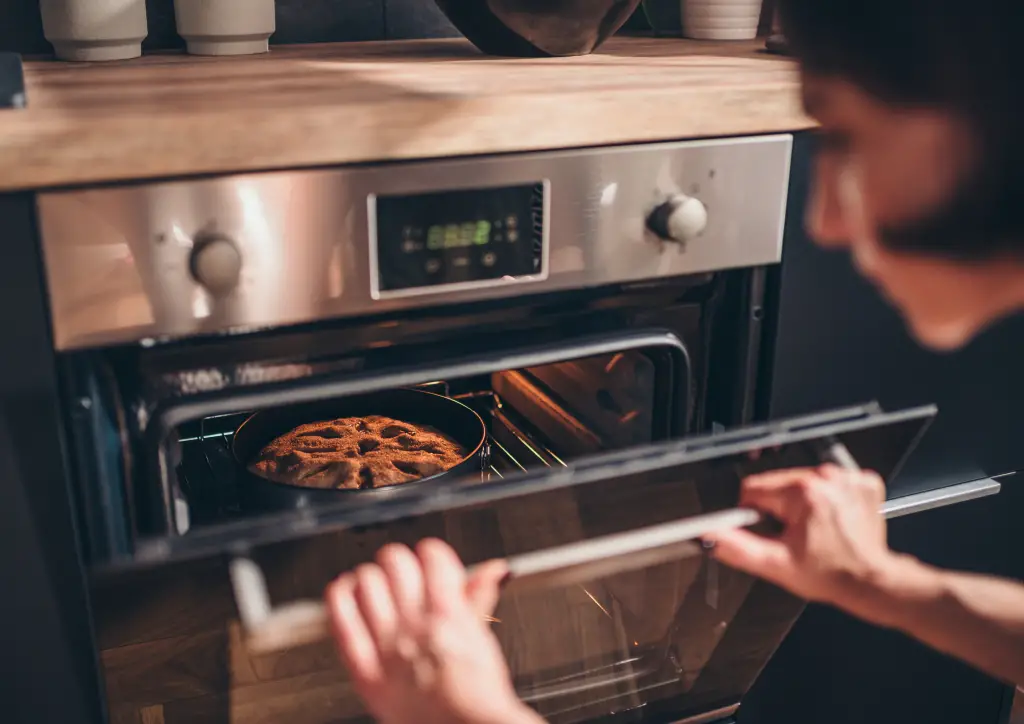
Baking has always been a favorite of mine when I first began cooking. Since then, I’ve been using an electric oven. And I adore it because it bakes up nicely. Those who enjoy cooking prefer a gas burner, while bakers prefer an electric oven.
The fact that electric and gas ovens produce different types of heat, resulting in a different cooking experience for your food. Gas ovens have the advantage of providing moisture heat, which helps to prevent roasts and other dishes from drying out when heated. On the other hand, electric oven cooking provides a drier baking experience, ideal for adding crisp or crunch to meals, such as crispy cookies.
According to Consumer Reports, around 60% of electric ovens receive Excellent or Very Good ratings, with the remaining 30% receiving a Good rating. In gas ranges, slightly less than half of all models receive an Excellent or Very Good rating, with the remaining 45% receiving a Good grade.
Gas vs. Electric Cooktops Benefits
Both cooktops have their own set of advantages. We’ve compiled a summary of the two’s benefits to help you narrow down and summarize them.
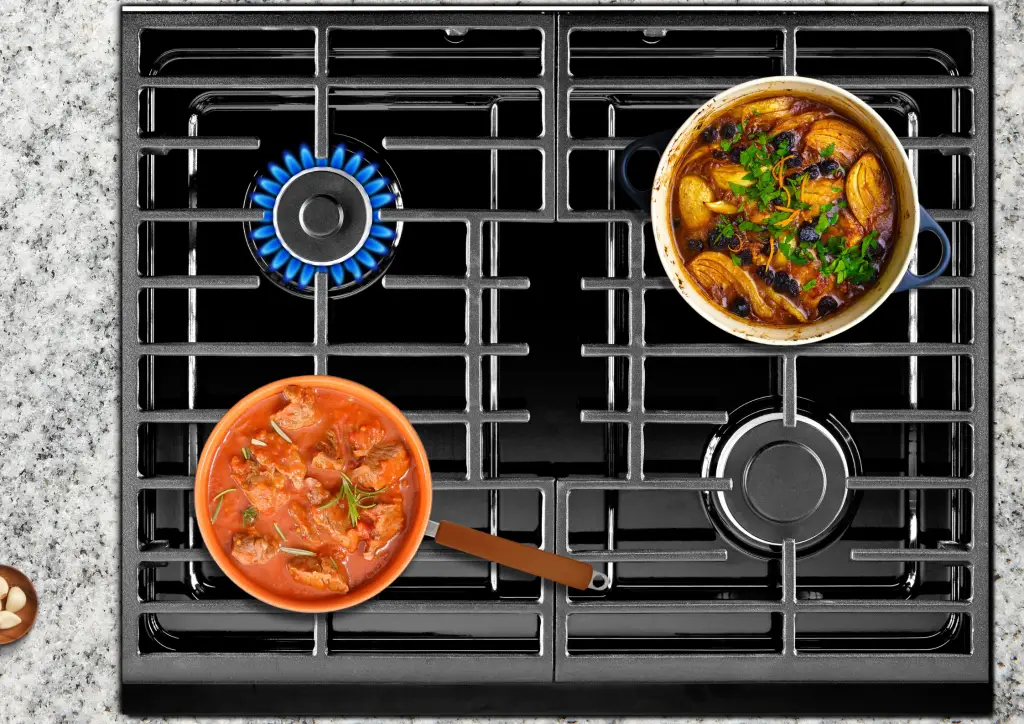
Gas Cooktops Benefits:
- It has a responsive control over the heat and flame level
- It responds quickly to heat adjustments
- The natural flames produced by a natural gas cook food more evenly and rapidly
- It offers more versatility for grilling, searing, and simmering
- Works well with many different types of cookware
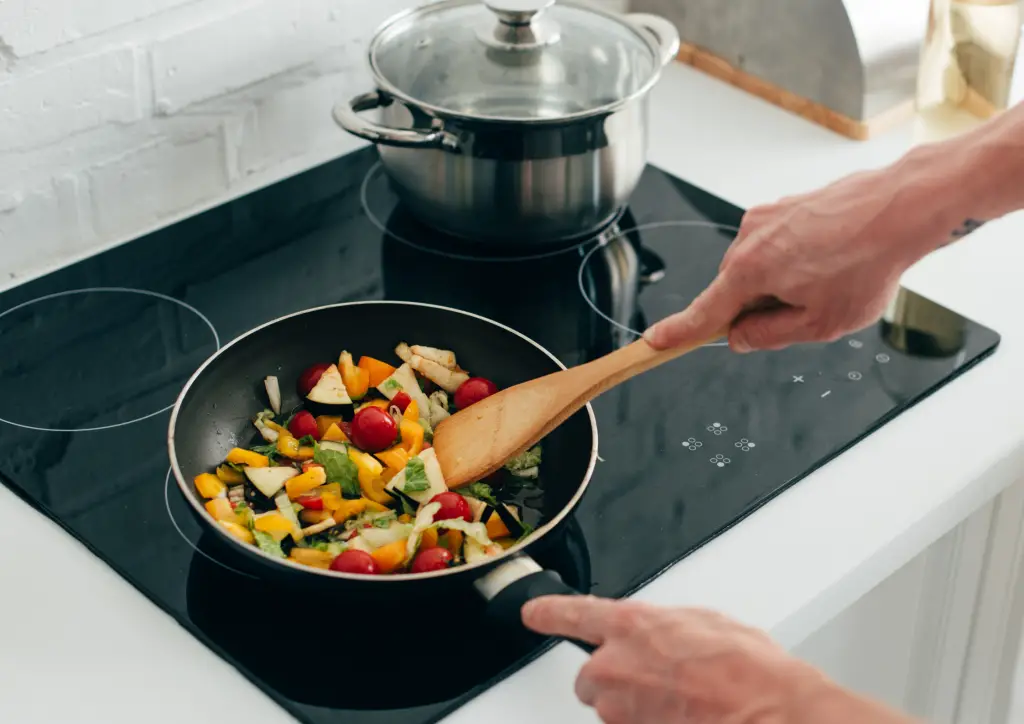
Electric Cooktops Benefits:
- Offers smooth cooktop surfaces
- The newer models are easy to clean
- The flat cooktop provides more stability for cookwares
- It is easy to install and can cost less than a gas stovetop
- Electric cooktops are safer than gas cooktops
Gas vs. Electric Ovens Benefits
When it comes to cooking and baking, there are significant differences between gas and electric. So, when it comes to ovens, let’s have a look at the benefits they can provide.
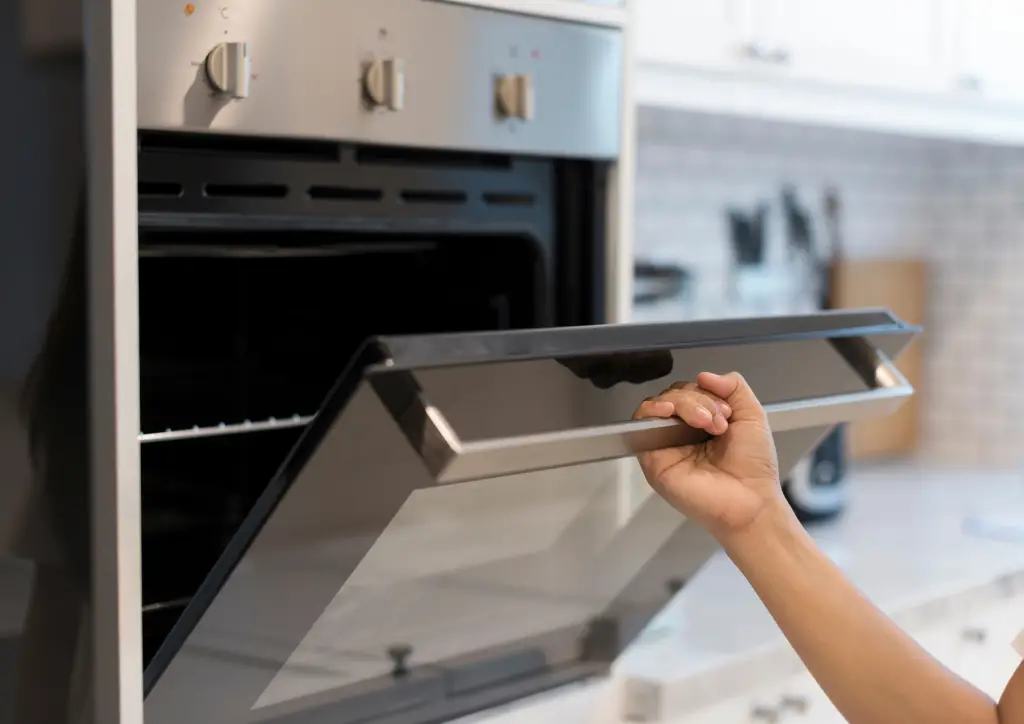
Gas Oven Benefits:
- It is fast in terms of preheating the oven
- It gives you more control over the temperature, and you can easily adjust it
- Gas ovens produce a moist environment
- Reduces cooking time because it preheats faster
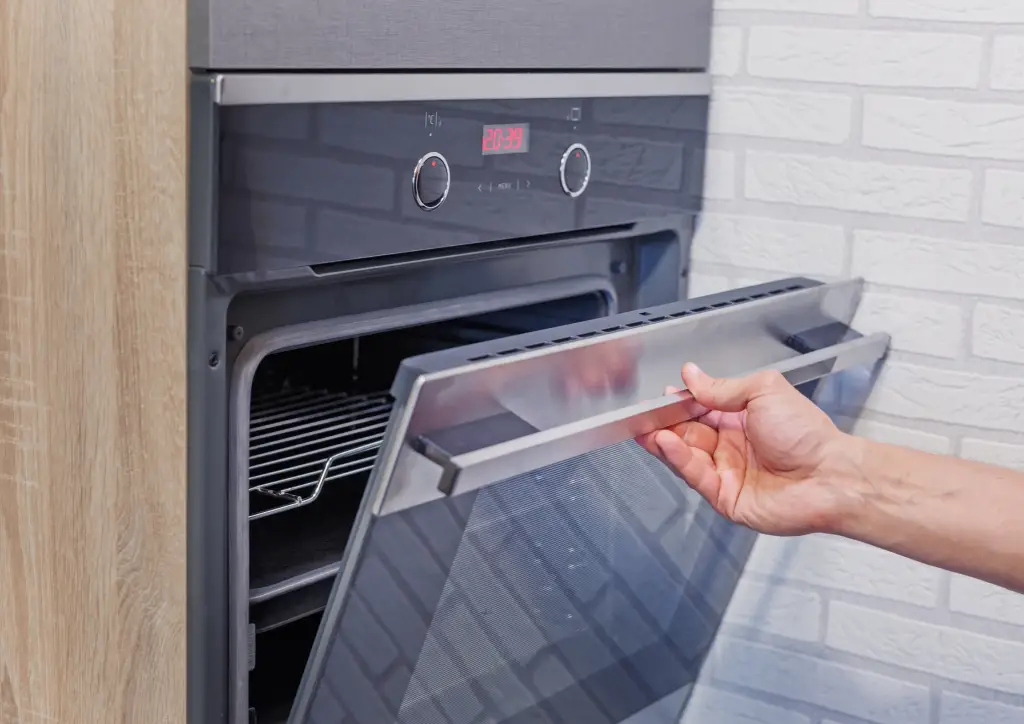
Electric Oven Benefits:
- It is ideal for baking
- It offers even and consistent heat distribution
- It cost cheaper than gas ovens
- The electric oven offers a quick-cooking process
Electric stoves are easy to clean.
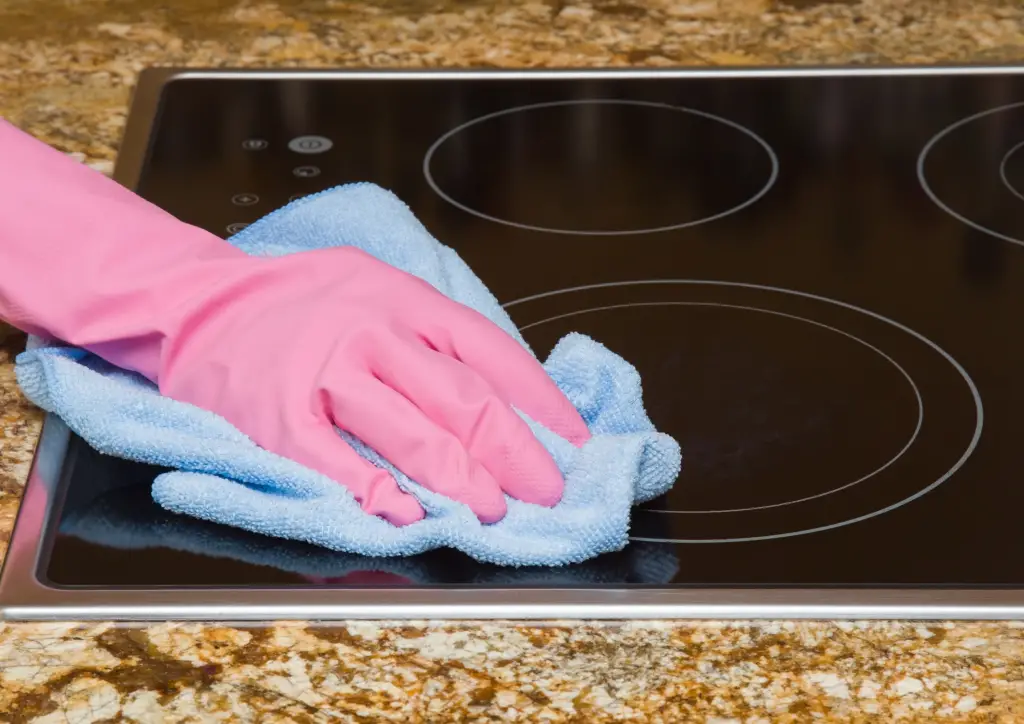
When I buy something for my kitchen, I always consider how easy it will be to clean. Because it is in the kitchen that we prepare and make the food that we eat, I’d like to double-check that all of the appliances and equipment are clean.
Cleaning a gas stovetop is more complicated than cleaning an electric stove. An electric stove’s flat and glassy surface is considerably easier to clean; simply wash it down with mild soap and water to remove spills and burns. While cleaning a gas stovetop requires removing the burners and grates, which is, for me, a quiet hassle.
People Also Ask
Is using a gas stove or an electric stove cheaper?
The cost of utilities varies from state to state, but on average, a gas stove is 10–30% cheaper to run than an electric stove. Gas stoves cost less to run, but they use more energy. It costs less to run and use a gas stove than an electric stove.
Do gas stoves last longer than electric?
Gas ranges are favored by chefs because of the control they offer when changing the temperature of the stovetop. And gas ranges last longer and cost less in the long run than electric ranges.
Why does food taste different on an electric stove?
Whether you cook with gas or electricity, the food tastes the same. Gas burns pretty cleanly, so it won’t leave behind a flavor you could taste.
Conclusion
It’s a never-ending contest between gas and electric stovetops. Given that modern technologies increase these features and provide the user with additional convenience.
To recap, gas stovetops are superior to electric stovetops when it comes to cooking. On the other hand, electric ovens are the best alternative for people who want to bake rather than prepare meals.
When picking between gas and electric for a new stove, go with what you’re most comfortable with.
If you’re hesitant to use natural gas or are afraid of cooking over an open flame, go for an electric stove. While gas may be the best option if you’re on a tight budget or an aspiring chef. Of course, the final decision is yours.
In addition to baking, I enjoy melting cheese in both electric and gas ovens. I simply melt it in an electric oven. While I like browning the top of my lasagna in the gas oven.
Which do you think is better, gas or electric? Let me know in the comments.


